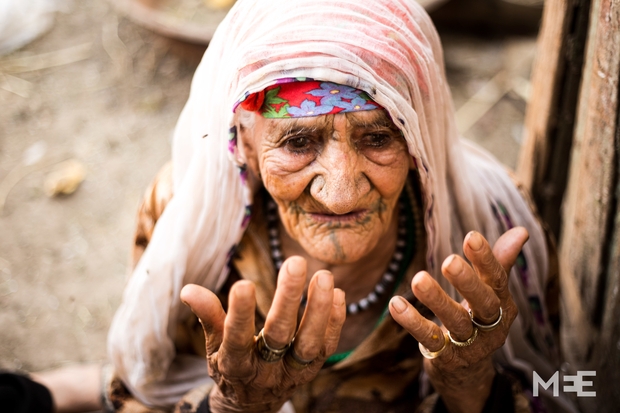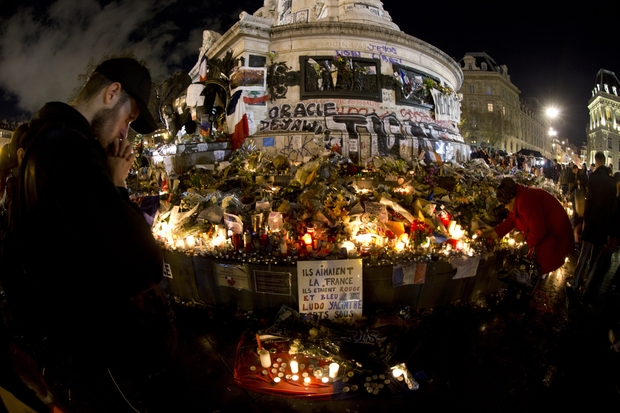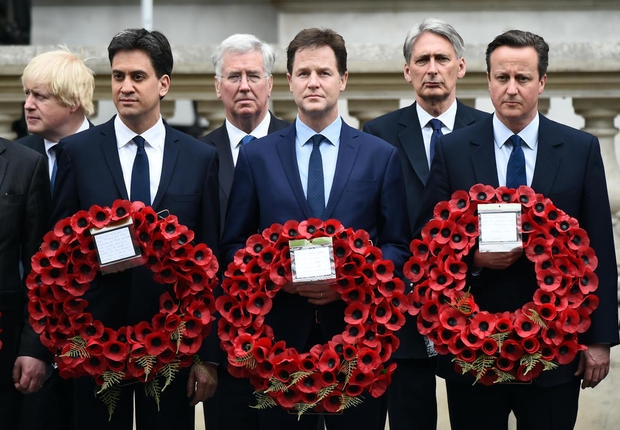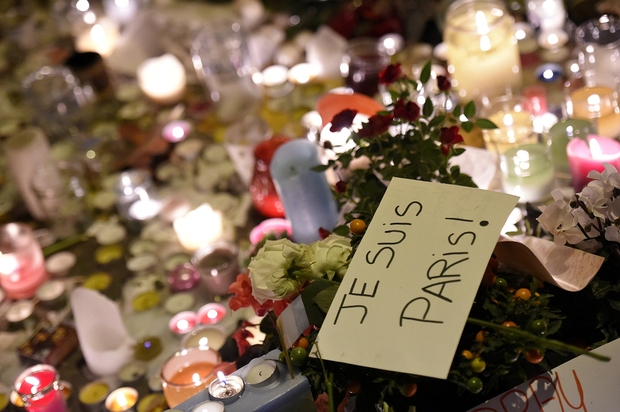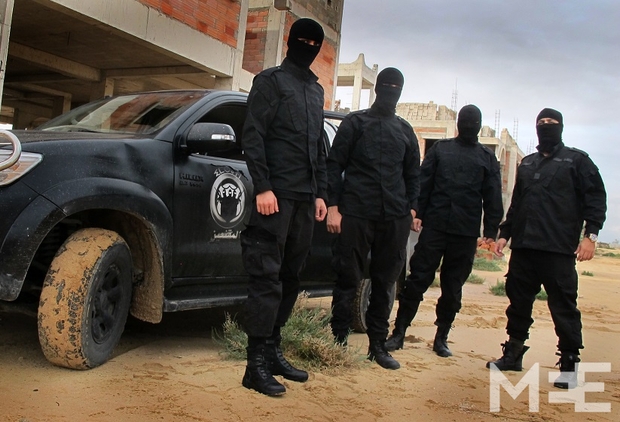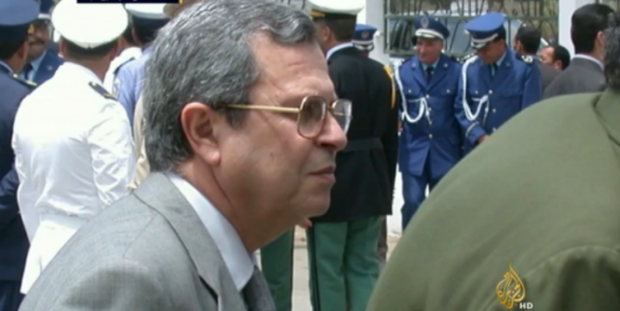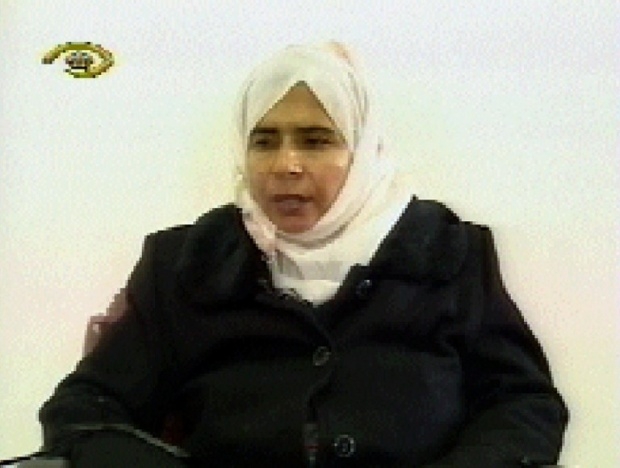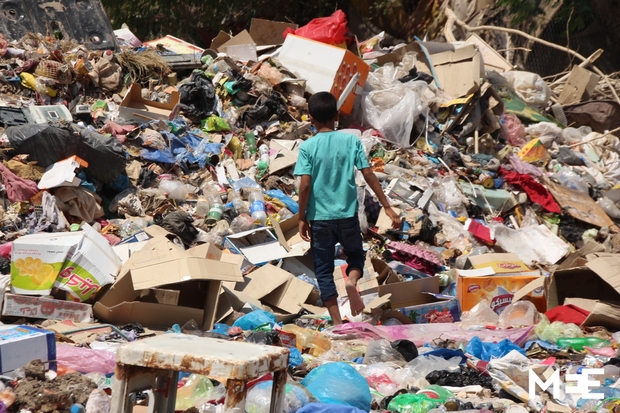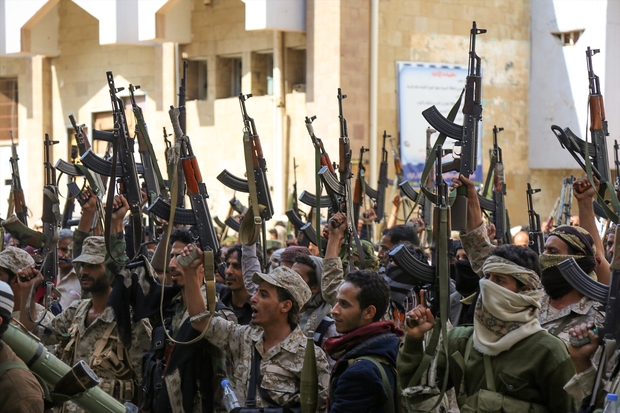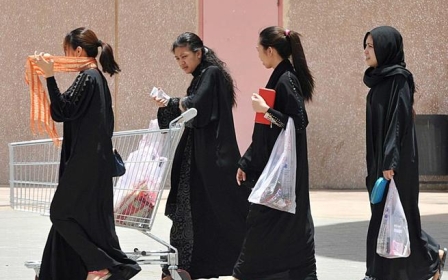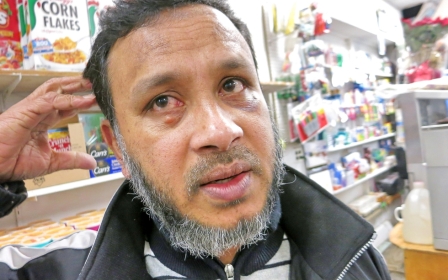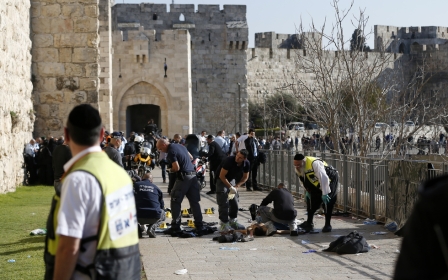Middle East Eye staff pick their favourite articles of 2015
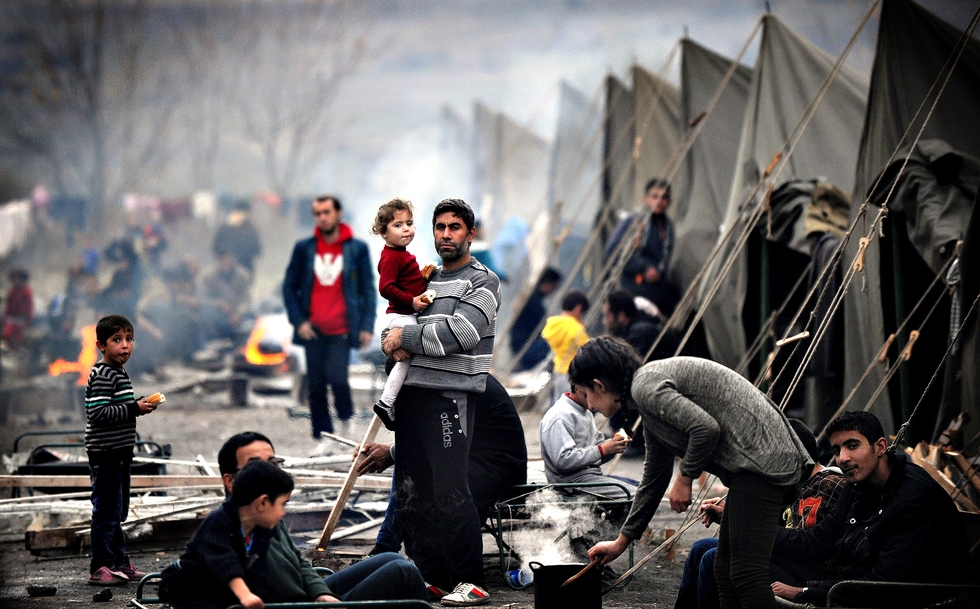
2015 has seen enormous upheaval in the Middle East and beyond. Al-Qaeda and Islamic State both carried out massacres in Paris, the two-year ceasefire between Turkey and the Kurdistan Workers Party collpased, Yemen continued to spiral into a humanitarian crisis as Saudi Arabia fighters bombed Houthi militiamen, Russian and British planes directly intervened in Syria, and Europe was plunged into debate about millions of refugees massing on its borders.
To draw the year to a close, Middle East Eye's staff took their pick of their favourite articles from 2015:
Linah Alsaafin, Journalist
Egypt's Forgotten Palestinian refugee community
By Ibrahim Ahmad
"We waited and waited, governments changed, kings fled, presidents died, and nothing happened. After five or six years we abandoned our tents and built houses. But still, some of us retained the hope that we would be relocated to a better place. We didn’t understand the lesson yet: Arabs rarely keep their promises.”
This article captures the life of a forgotten and marginalised community through breath-taking photos and candid interviews. What was especially appealing was the juxtaposition of the old and young generations, with the moribund recognition that life has remained stagnant and poor for them.
Rori Donaghy, News Editor
From Paris to Palestine: the psychology of solidarity
By Wasseem el Sarraj
Until you are on the receiving end of violence, most people are unsure, or maybe don't have any motivation to want to dig deeper into far away communities, particularly when there are few - if any - real costs to not being so nobly "engaged". When looking out towards other parts of the world it’s much less stressful, much less cognitively demanding, to see victims rather than people who more or less resemble yourself.
After November's Paris attacks there was widespread soul searching as to why people appeared to care more about IS killing people in France than in the Middle East and North Africa. British-Palestinian Wasseem el-Sarraj, through his experience as a therapist, adeptly explained why we struggle to view the world's conflicts and tragedies in equal terms.
At a time of extreme polarisation his insights hold the key to understanding how human beings can better empathise with each other and begin to build global movements that challenge the hatred of groups such as IS.
Charles B. Anthony, Producer/Host of Blink News
Political Violence: A typically British denial
By Will Self
The only possible counter to this is to acknowledge the real truth: sooner or later terrorists will kill and maim again. The extent to which they kill and maim will be a function of other factors besides the openness or otherwise of our society. Indeed, it’s perfectly arguable that a more open society makes it far easier for the terrorist-hunters to do their job. Scotland Yard always knew where the mastermind who was directing the spectre that haunted late 19th century Europe was hiding: in plain view in the Reading Room of the British Library.
There is an enviable complexity to the political analysis of Will Self. Self is one of those rare writers who can shoehorn the complex trilogy of history, philosophy and analysis in a cloak of literary genius.
His critique of political violence for Middle East Eye holds a mirror up to those in Britain who view political violence as something inherently alien; something only ever conducted by “the other”. A brutally honest account, written with the confidence of a man born to manipulate language for the greater good.
Valentine Maury, Social Media Coordinator and French Website Editor
Parisian youth in shock: 'Those are my streets, forever'
By Hassina Mechai
“Sadly the victims represent well what France is: young and multicultural. This is what the terrorists were targeting. That way, as French people, we are all victims of them. For instance, a friend of mine, Fatoumate, who wears the hijab, she hasn’t been out for two days now. Me and her are not living the same reality. Obviously I’m less ‘visible’ than her. But we won’t cave in.”
This article is a tour de force as it depicts perfectly the mood and the atmosphere in Paris streets after the attacks. As a young Parisian who was there, I admire the author’s ability to choose the right words to describe something difficult to express and to get many different youth voices.
Simona Sikimic, News Editor
Libya's Dark Knights: Vigilantes take on the people-smugglers
By Karlos Zurutuza
“We organised ourselves to arrest the smugglers and transfer them to Sabrata or Zawiya – two neighbouring locations,” said Jiash. “But they were soon back in business. Corruption in Libya is rife, you know?”
So much of this year has been dominated by negative news from Libya – be it the rise of the Islamic State or continued political fragmentation – that it was very refreshing to see a community coming together to do something constructive to get their old way of life back.
The Masked Men avoid international or political entanglement and instead have banded together to bring back a sense of stability and hope into the lives of their shattered seaside community. Their dedication to cracking down on smugglers lets us remember that there are many brave people all across the Middle East who are doing great things and that in the end it’s people like these that will hopefully come to define the future of their region.
Joe Gill, Chief Sub-Editor
By Adlene Meddi
"Don't forget that infiltration is his trade. How could a 65-year-old man, who has been at the heart of the fight against terrorism, join forces through conviction with a group which has chosen to help the Islamists?" he asks, in reference to Bouteflika, who is suspected of wanting to clear the hard-liners of wrongdoing.
In the Cold War when Western correspondents tried to interpret the secretive political manoeuvrings at the centre of power in the former Soviet Union, their speculations – for this is what they were – went under the name of Kremlinology. The problem with this sort of report in most cases is the almost total lack of reliable sources. This is why a Middle East Eye analysis by our Algerian correspondent Adlène Meddi is my highlight of the year. Meddi has access to very senior figures inside the mostly opaque Algerian political and security establishment. They talk to him and give us a window into the machinations at the centre of power in the north African state. For this they provide a remarkable insight into the real workings of Algerian politics.
Mamoon Alabbasi, Opinion Editor
By Dania Akkad
Days before the attack, Sajida, her husband and two others crossed into Jordan from Iraq, where they lived and rented a flat. On the night of 9 November, they strapped their belts on and took taxis to three different hotels. When Sajida’s belt failed to detonate, the reports said, her husband pushed her to leave before he set his belt off and she ran out into the night with screaming people. She was the same age as my cousin killed in the attack.
On an intellectual level, the column does what journalists should be doing: ask questions in a genuine pursuit for answers (and not start with a predetermined "truth" that will be superimposed on events). But on an emotional level, which is why the column has moved me, it reminds you of the human side that we often ignore as we get side-tracked with dry analyses - even though it is part of the bigger picture.
The author, whose uncle and cousin were killed in a terror attack, wants to know "why". Despite all the excuses laid at her feet, she refuses to blinded by hatred, the way perhaps the perpetrators of the attack have. The motives of those who plot such attacks, or give orders to engage in wars or violence (including states), are somewhat clear – often related to financial, political or ideological gains.
But the actions of those who sacrifice their own lives only to harm innocent others do not appear as logical. We try to make sense of what seems senseless. To automatically dismiss the humanity of others does not say much about or own. Asking "why" shows we are still in touch with our humanity, something I think we should do more often.
Dania Akkad, News Editor
Poverty in Iraq grows as budgets squeezed by war with IS
By Suadad al-Salhy and Hadeer Al-Sayeed
Two months ago, in the face of the protests, Iraqi Prime Minister Haider al-Abadi declared a state of austerity and issued a handful of reforms, which included the abolition of several ministries and departments and the integration others to reduce costs and secure the monthly salaries of employees. As a result of the lack of cash flow, officials have said poverty rates are expected to rise by the end of the year.
Suadad al-Salhy’s story, along with Hadeer Al-Sayeed’s brilliant photos, about the increase in Iraqi shantytowns really stuck out for me because it gave a sense of what everyday life is like for tens of thousands of Iraqis whose stories are regularly overshadowed by those about the Islamic State and fighting. How often do we hear Iraqi voices in English-language media? And what do we imagine when we think of Iraq? I really appreciated Suadad’s ability to explain the effects of government corruption on Iraqis from their perspective, giving readers a completely different point of reference and way to think about this rich, diverse country that is so much more than war-torn.
Mary Atkinson, Journalist
The Kingdom of Silence: Literature from Tadmor prison
By Linah Alsaafin

An aerial view taken on 13 January 2009 shows a part of the ancient city of Palmyra (AFP)
The vicious reality of Tadmor, where the blood of those massacred in 1980 was not cleaned up resulting in the mass spread of gangrene amongst the rest of the inmates, created literary works written by survivors and former inmates that narrated their daily lives in stark detail. Whips were given human names, friendships were struck between prisoners and rats and cockroaches, and torture sessions were opportunities to experiment with excruciating devices.
Islamic State’s advance on the iconic ancient Syrian town of Palmrya in May of this year rightly left many horrified at the prospect of losing this unique archaeological treasure. This piece, though, managed to home in on what was for many a more significant event: the capture by IS of the town’s notorious prison, the site of a bloody massacre in the 1980s and one that is etched into the collective memory of so many Syrians. The article captured, in the words of Syrians themselves, the fear, horror and hope of Tadmor Prison.
Alex MacDonald, Journalist
Palestinian gas: The Black Box
By Dania Akkad

Gas rigs visible at night off the coast from Gaza City (MEE/Mohammed Asad)
“If you aren’t making claims about the boundaries of these zones, if you are not making claims to these resources, then, in effect, you don’t have a right to them. Unless you claim that they are yours, other countries can claim them and say, ‘Well, no one else claimed this so, of course, we took it’,” he said.
So much has been written about Israel-Palestine and the plight of Gaza that it's often hard to find a new angle that goes beyond advocacy or the exploitation of suffering.
This article not only provides a new angle on the relationship between the Palestinian Authority and the Israeli government, but also goes some way to highlighting the intricacies of a topic that is often touched upon rhetorically, but rarely actual dealt with in any great depth - the backdoor political wranglings that decide control of energy resources in the region.
Hanan Chehata, Features Editor
Syrian in Space: From Cosmonaut hero to refugee
By Suraj Sharma

Photo courtesy of Mohammed Faris (C) from his time as a cosmonaut
“Training for space was very difficult but now when I think about it, it was very easy compared to what I, my family in Syria, and my fellow Syrians have had to endure over the past few years.”
My favourite feature of 2015 was the story about Mohammed Faris, a former Syrian air force pilot who was the second Arab in space after he trained as a cosmonaut in the Soviet Union and in 1987 travelled to the Mir Space Station.
He was hailed as a hero in the Arab world and served as a pilot and instructor in the Syrian Air Force but then defected from the army in 2012 when the Air Force began bombing its own citizens, which he refused to be a part of.
He has since fled Syria and has become a refugee. He currently lives in Turkey where his message to his fellow Syrians is to stop bombing their own people.
Nawal al-Maghafi
US accused of covering up death of six children in Syria air strike
By Simon Hooper and Bilal Abdul Kareem
"We’ve seen this time and time again in the war on terror. The US wages a 'precise' air campaign and claims little to no civilian damage. Yet, the realities on the ground paint a different picture. They paint a picture of faulty intelligence, shattered lives and terrorised communities who are left with nowhere to turn for answers."
The Syrian conflict has been growing in intensity and scope for more than four years, with hundreds of thousands dead and displaced. We read the tragic numbers every day but it is videos like the one Simon Hooper and Bilal Abdul Karim produced that really bring it to life for us.
I remember watching the video and having to stop for a moment, how one persons life could be completely destroyed in one moment is heartbreaking. A great piece of journalism.
Graeme Baker, senior editor
Yemen's Taiz sinks into abyss as Salafis fight war of revenge
By Nasser al-Sakkaf
Abu Bakr stares intently from behind the wheel of a truck packed with heavily armed Salafi fighters as it speeds through an enemy-controlled area of Taiz, cratered and pock-marked by months of combat.
But the Salafis are not fighting just to decide who will govern Yemen - Houthi or Hadi - nor which regional power will hold the strings. Their war has a much simpler purpose - revenge.
Our correspondent’s report on Salafi fighters in Taiz highlights one of the base reasons why Yemen is in conflagration. For those doing the fighting it’s often not about complex regional power games – sometimes it’s just plain revenge.
New MEE newsletter: Jerusalem Dispatch
Sign up to get the latest insights and analysis on Israel-Palestine, alongside Turkey Unpacked and other MEE newsletters
Middle East Eye delivers independent and unrivalled coverage and analysis of the Middle East, North Africa and beyond. To learn more about republishing this content and the associated fees, please fill out this form. More about MEE can be found here.


